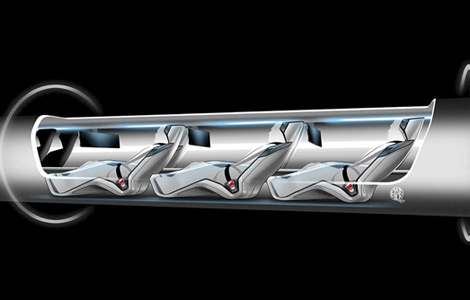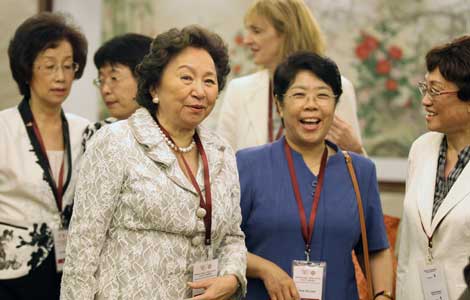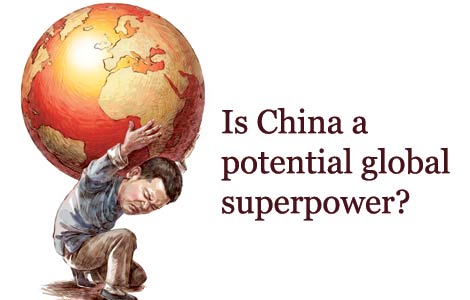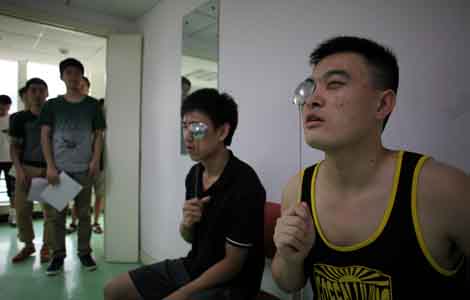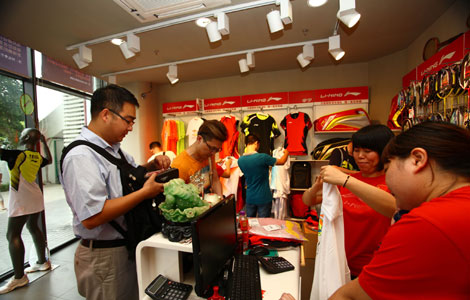Rare earth alliance to fight Japan's patent barrier
Updated: 2013-08-13 01:29
By DU JUAN (China Daily)
|
||||||||
A dozen Chinese rare earth companies have formed an industrial alliance to sue Japan’s Hitachi Metals for holding invalid patents and infringing patent rights of Chinese companies.
The legal process could start in early September in the United States and China.
At the center of the dispute is something called a neodymium iron boron magnet, a major product that accounts for half of rare earth consumption.
The alloy magnet, mainly composed of neodymium, iron, boron and other microelements, is used in manufacturing motors, audio speakers, headphones, cordless tools and computer hard drives.
In August 2012, Hitachi Metals asked the US International Trade Commission to stop the sales of such products and their downstream products that did not have a patent license in the country.
Three Chinese companies involved in the case finally reconciled with Hitachi Metals on May 14 by paying a sum of money to gain the patent license.
But Sun Baoyu, president of Shenyang General Magnetic Co and head of the coalition, said Hitachi Metals no longer has any right to claim the patents.
One of Hitachi Metals’ patents expired in 2003, and another will expire in 2014. But the company has extended its expiration date to 2029.
He said the Japanese company’s patent extension, which he thinks is invalid, has hindered the market expansion of Chinese rare earth manufacturers.
“Hitachi Metals’ action has severely affected China’s rare earth industry, especially for the exports of China’s downstream rare earth products,” Sun said.
“Meanwhile, Hitachi Metals has infringed upon patents of some Chinese companies,” he said, without elaborating.
Zhao Hu, lawyer and partner of Beijing’s Eastbright Law Firm, said Hitachi Metals’ patent extension blocks technological progress.
“Based on Chinese law, no patent extension is allowed. All patents expire after 20 years. Internationally, patent extension can happen based only on reasonable, effective and strong causes,” which Zhao thinks do not apply in Hitachi Metals’ case.
According to Sun, eight Chinese rare earth companies have gained patent licenses from Hitachi Metals. However, there are about 200 companies producing such magnets in China. Of those, five have annual production capacities of 3,000 metric tons, and about 20 have capacities of 1,000 tons to 3,000 tons.
Hitachi Metals is dominant in the rare earth sector, with more than 100 patents in the United States, about 300 in China and 600 in Japan.
This means a large portion of Chinese products containing the magnets cannot be exported because they don’t have patent licenses, said Sun.
And Hitachi Metals will not sell its patent rights, he said.
Gao Yunhu, chief of the Rare Earth Office under the Ministry of Industry and Information Technology, said the government will provide assistance to the Chinese companies if asked.
At present, China produces about 80,000 tons of the magnets each year, and about a quarter of the products have patent licenses enabling them to be sold abroad.
About 30,000 to 40,000 tons of such products are used domestically.
Without a patent license, “our foreign clients will not buy our products”, Sun said.
“We respect the intellectual property rights. But what Hitachi Metals has done is to set up trade barriers,” he said.
So far, each member company of the alliance has paid $1.5 million to cover possible costs of the lawsuits. Chinese and US legal teams will act on behalf of the Chinese companies in the courts of the two countries.
Most Viewed
Editor's Picks
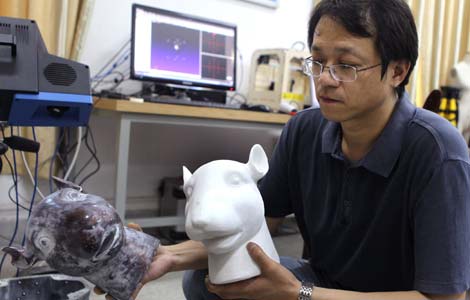
|

|

|

|

|

|
Today's Top News
Academy will turn a Hilton into a dorm for Chinese
Brazil puts off bidding on bullet train
US to examine intelligence collection methods
Economists cautious about China's recovery
Consumers losing confidence in Fonterra
Surge in raw material imports 'positive'
Research funds spread across the globe
Reps gear up for TPP round 19
US Weekly

|

|
